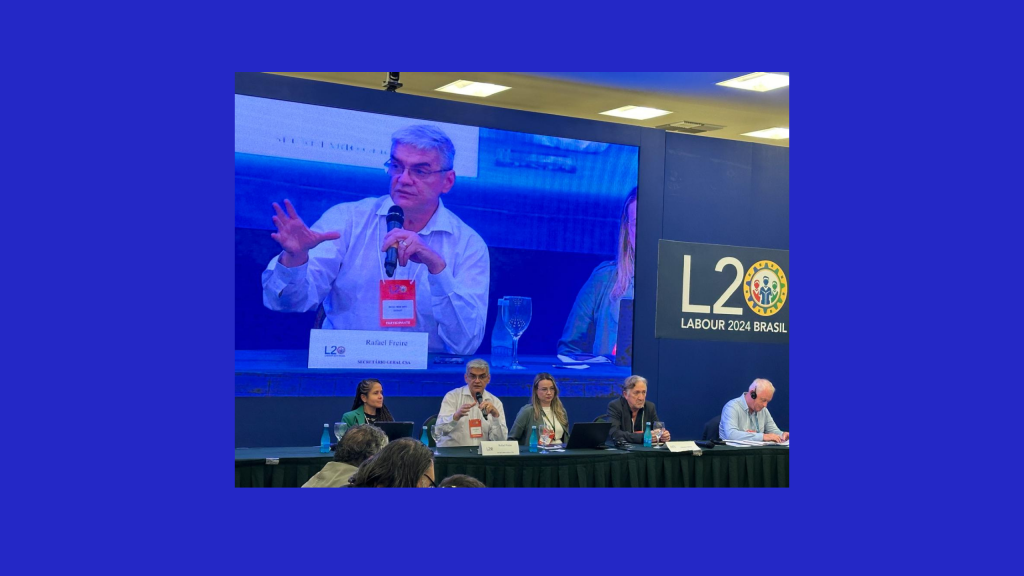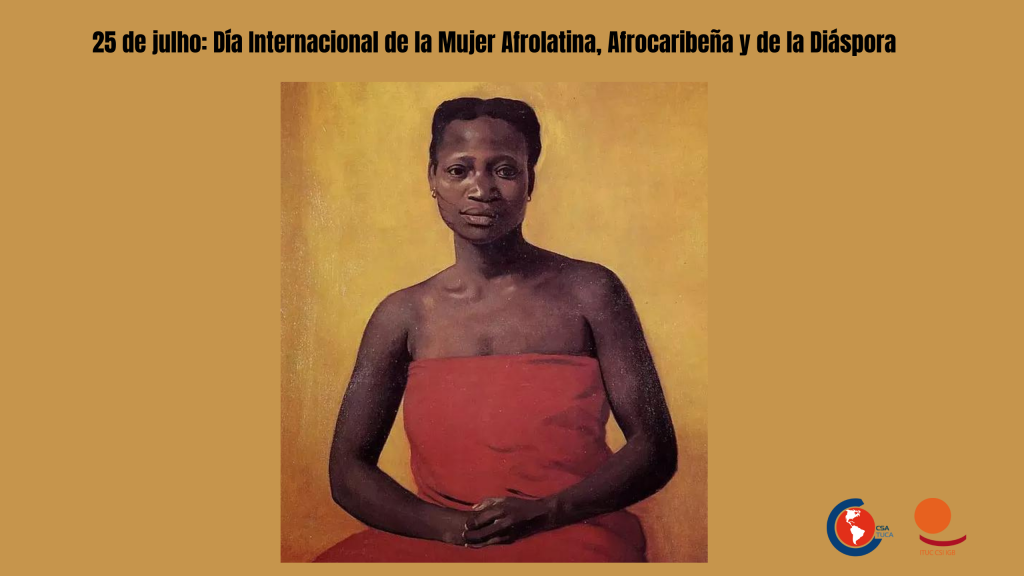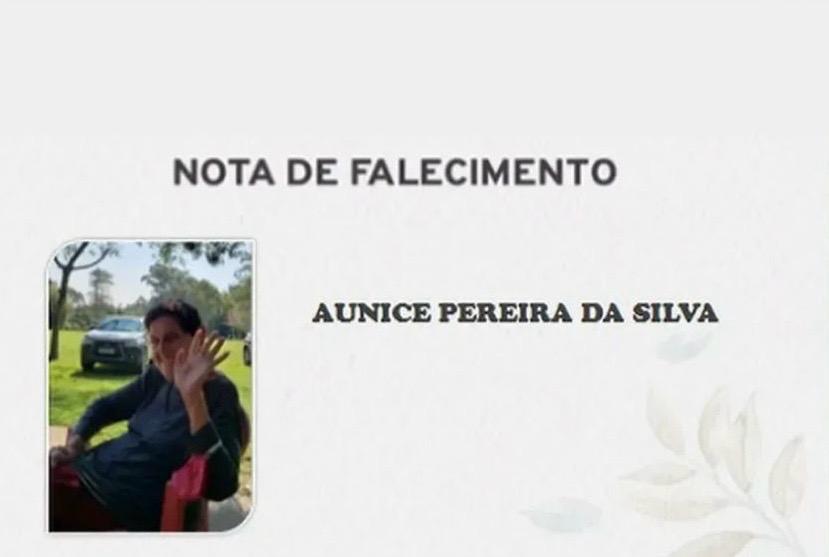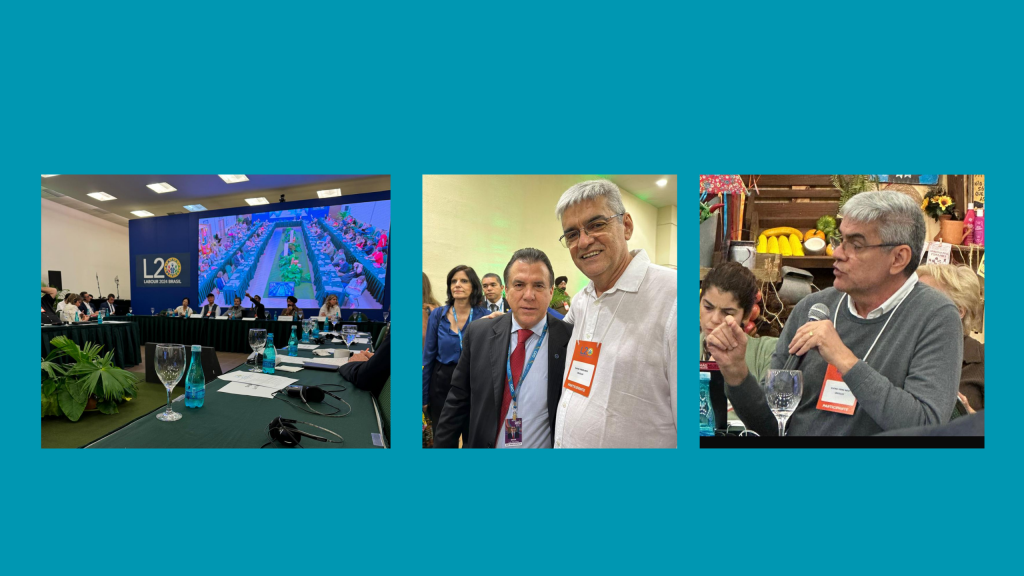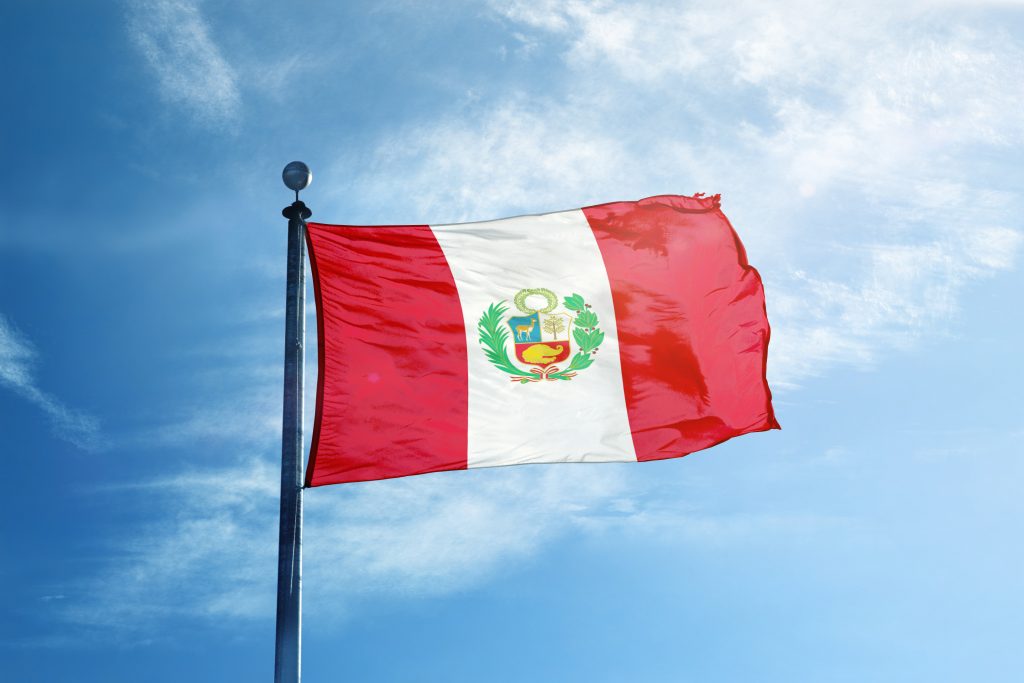Por Víctor Báez
Firstly, it is important to highlight that the agreements between the government and the FARC contributed to the last elections taking place in a climate of normality like never before, despite the fact that the candidates represented strongly conflicting positions.
International and national observers underscored that the elections took place relatively normally, except for certain focalized issues. A wide range of forces from Uribism to the FARC, redefined as a political party, participated in the polls.
Two candidates went on to the second round: Iván Duque, the winner, a polarizing figure with issues that reopen the wounds of the armed conflict with his discourse based on correcting «the errors of the peace negotiations», and also proposing a neoliberal agenda for the economy. The other candidate, Gustavo Petro, with a progressive trajectory and platform -but with a liberal avant-garde program- represented both the continuity of peace efforts following the already undertaken agenda, and a proposal of social and ecological transition toward another model for the country to overcome the conflicts triggered by the current predatory, extractivist and socially excluding mode of production.
For the first time in the history of Colombia a progressive candidacy, with the support of the left and some liberal sectors, reached the second round with more than 8 million votes, i.e. 42% of the votes (while the candidate of the right obtained 54%, more than 10.3 million votes). Representations of progressive forces were also elected to the two houses of congress, also with unprecedented numbers (Green Party, Polo, Progressive-Decent Movement, FARC). Although the formation of these spaces continues to be mostly conservative or reactionary, it is likely that in relation to the most burning issues, the government taking office on August 7 will not have an automatic majority.
However, the coalition that won the elections has initiatives that bring turmoil into the political landscape. The main one is the one that, with the pretext of correcting issues in the peace process, they seek to change the agreements signed to reduce legal certainty. The JEP (Special Jurisdiction for Peace) is under attack: it is the judicial space where the contenders -both of the guerrilla and the armed forces- who committed crimes, must confess in order to obtain benefits and free themselves of the penalization of the ordinary criminal code. Civilians allegedly responsible for crimes against humanity were excluded due to pressure of Uribism.
The argument of former president Álvaro Uribe, who spearheaded all attempts to obstruct peace before its signing, is that the JEP is an unacceptable benefit for terrorists who should be imprisoned. In addition to simply suppressing the JEP, he immediately set out to remove the military from that jurisdiction, despite the fact that they are already voluntarily abiding by the JEP. In fact, he fears that military leaders accused of crimes against humanity will report on the underworld of counterinsurgency, which carried out illegal operations under his government. Such is the case of the «false positives» in which innocent people were killed and records were invented as though they belonged to the FARC to pump up the statistics of «successes» in the fight against the guerrillas. The purpose is also to prevent those nominated by the FARC, and elected by the Colombian people to the Senate and the House of Representatives, from taking their seats until they have been prosecuted.
The rush to remove the military from the JEP process is because several of them might provide details of the murders perpetrated to the Special Jurisdiction for Peace, as well as who gave the orders for such operations. Many fingers could point to Uribe himself.
But the threat to the peace signed -and supported by at least half of the population- has not just been the legislative initiative. Reactionary political sectors and their allies, the paramilitaries, are now enthusiastic about their electoral victory and are triggering a growing wave of political assassinations and death threats. So far 130 social leaders have been assassinated this year, 13 of whom were union members. Since the signing of the peace accords, the number of murders rose to 320, of which 68 were ex-guerrillas reintegrated as part of the agreements signed.
Before the plebiscite on peace, the most representative trade union and social organizations in Colombia expressed concern about the wave of killings and death threats (which also amounted to hundreds, and more than 90 against trade unionists). This was caused by the rise in claims for restitution of land by dispossessed peasants or the demands for reparation of other rights that had been violated. The reaction of right-wing groups has been business as usual: to continue silencing social demands with bullets, in an atmosphere of total impunity, spurred by the warmongering positions of the Uribe bloc and the president-elect, alleged political creature of Álvaro Uribe Vélez.
In recent weeks a new factor has emerged. The Supreme Court of Justice decided to file criminal proceedings against former president and re-elected senator Uribe for a series of crimes related to the attempt to manipulate witnesses in court cases in which he was involved for alleged participation in parapolitics.
For many years we have known that the political forces that today protect Mr. Uribe have links with irregular armed groups («Colombian Armed Self-Defense», also known as «paramilitaries» or «paras») that organized contract killings at the service of political interests, to eliminate adversaries and intimidate the population. More than 200 legal proceedings against Uribe put such truth once again on the table with cases that continue unpunished.
It is time for the international community to focus their attention on Colombia and expose to the world the pitfalls created by some Colombian political sectors to obstruct the fulfillment of the Peace Agreement and the democratization process. Peace will be consolidated only if the causes that led to the war are actually eliminated, i.e. the high concentration of the land and the lack of political guarantees. The continuation of the conflict will continue to benefit those who have already profited from five decades of fratricidal struggle, such as the landowners and several large corporations, including some multinationals.
Still pending are the closing of the negotiation with the ELN and the definitive elimination of those para-state “self-defense troops” that sow terror in the communities. The former will be impossible if peace with the FARC fails, and the latter will be very difficult due to the belligerent and vindictive behavior of the predominant groups of the political right in that country, allies of Uribism.
Let us not allow peace in Colombia to be no more than lip service while everything remains the same. Let us recall what happened, for example, with Guatemala, where the armistice was signed but the conditions of injustice that led these Central Americans to the civil war continued. The preservation of peace and democracy is a commitment of the international community. Colombia cannot be the exception.

